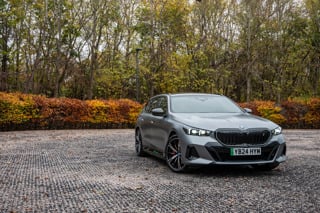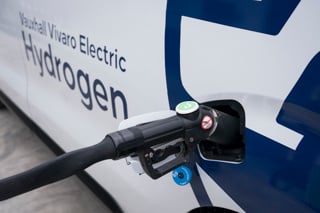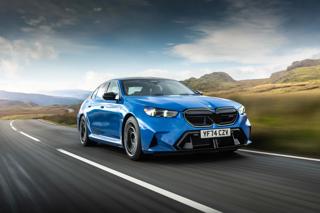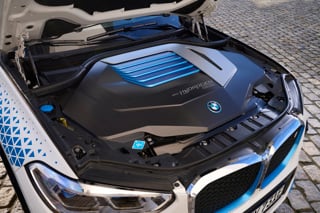BMW has regained its position as fleet’s favourite manufacturer, having last held the coveted title of Fleet Manufacturer of the Year in 2016.
The German brand has endured a challenging year, in which its fleet director Steve Oliver stepped down in April and other key fleet personnel changed roles.
Despite this, it managed to continue satisfying fleet customers’ needs through excellent customer service, product availability and strong residual values.
Rob East, previously head of fleet at last year’s winner, Mercedes-Benz, was announced as the brand’s new fleet director in January.
His goal will be to give fleet customers and leasing companies the best possible service in order to grow BMW’s share of the premium car market.
Last year, the brand achieved a stronger performance than its key rivals, with year-on-year sales declining by just 1.7% in a market that fell by almost 6%.
BMW (as well as its Mini sister brand) was among the first to re-homologate its model range under WLTP, with revised emissions figures published months ahead of the deadline.
The company also made a conscious effort to help fleet customers understand WLTP, what the new figures mean and how they would be affected.
Only a handful of model lines were axed as a result of the new emissions regime, so it was business as usual for most BMW customers.
CO2 emissions across the range remain competitive and wholelife costs for key fleet models are among the best in class.
The brand’s line-up of plug-in models includes the fully-electric i3, which now has a new longer-range battery. There is also the i8 hybrid sports car, 225xe plug-in hybrid MPV and plug-in hybrid versions of the 5 and 7 series saloons.
By 2025, BMW expects to have 25 electrified vehicles available including 12 fully-electric models. The brand has introduced two new lines – the X2 and X7. It also replaced its mid-size X3 SUV.
Finalists: Audi UK, Ford Motor Company, Kia Motors (UK), Mercedes-Benz Cars UK, Volvo Car UK
Award sponsored by KeeResources




















Login to comment
Comments
No comments have been made yet.